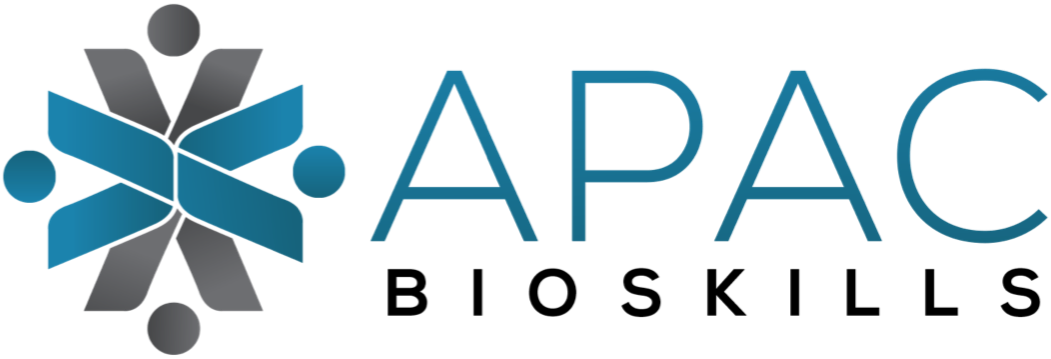What do we do?
What do we do?
We are a surgical skills enhancement company, incorporated in Metro Manila, Philippines, that creates a mock operating room environment for hands-on cadaveric surgeon education events and to service Philippine, Japanese, Chinese and Asia-Pacific physicians, healthcare professionals, and medical device companies.
The Problem we solve
Would you allow a surgeon to operate on you if this is his/her first procedure ever?
The Problem we solve
Would you allow a surgeon to operate on you if this is his/her first procedure ever?
- Currently, many surgeons-in-training practice their first procedures on live patients, risking surgical complications due to inexperience.
- A UCLA study showed cadaver training was ranked first among general surgery residents for learning surgical anatomy, followed by textbooks, simulators, web sites, animate laboratories, and lectures.[i]
- Cadaver training is the most realistic medium to training surgeons but is not readily available in the Philippines, and, more generally, venues are scarce in the Asia-Pacific region.
- Cadaver based training labs are prohibited by law in Japan, the 2rd largest medical device market globally; hence Japanese surgeons must travel long distances to the United States, China, Singapore, and Thailand. [ii]
[i] C. Lewis, MD, J Hiatt, MD, et al. A Novel Cadaver-Based Educational Program. Journal of Surgical Education. 2012; spring 693-698
[ii] Sakai, Tatsuo. Body Donation: An act of love supporting anatomy education. Japanese Medical Associate Journal 51: 39-45, 2008
Our Solution
Our Solution
- We offer a turnkey operating room simulation + concierge in the Philippines to host surgical education workshops.
- We facilitate surgeon education events by providing lab space, staff, and equipment in a mock operating room for surgeons to learn new surgical techniques and sharpen old ones.
- We provide the key training resources: human anatomical tissues. Similar to medical students learning anatomy, educators must teach surgery through the most realistic means available, in which cadaver training is the gold standard.[i]
- We work with mature International Asia-Pacific markets to bring in foreign capital to sustain the company, and resources are invested back into training Filipino healthcare providers.
[i] S. Blaschko, E McDougall, et al. Coordinated Multiple Cadaver Use for Minimally Invasive Surgical Training; Journal of the Society of Laparoendoscopic Surgeons, Vol. 11, No. 4, Oct – Dec 2007, pp. 403-407(5)
we strive for Social Good
we strive for Social Good
Our primary clients are Asia Pacific-based medical device manufacturing companies. We charges clients a market rate facility rental fee to provide a world-class training experience and venue to host educational workshop events. Our Clients are medical device companies, but end-users are surgeons and interventionalists.
Social Impact Model: While not structured as a non-profit company, APAC Bioskills uses capitalistic means to achieve its vision of social good: Advancing surgical patient safety through training with the Philippines at the epicenter of Asia.
Earning from international medical device manufacturers allow APAC Bioskills to allocate resources back into Filipino physician training. Without the support of international companies, cadaver workshops would be too expensive and inaccessible to the majority of Filipino doctors.3 By engaging in value-adding activities to service private corporations, APAC Bioskills can fulfill a sustainable vision of advancing the Philippine medical community.
